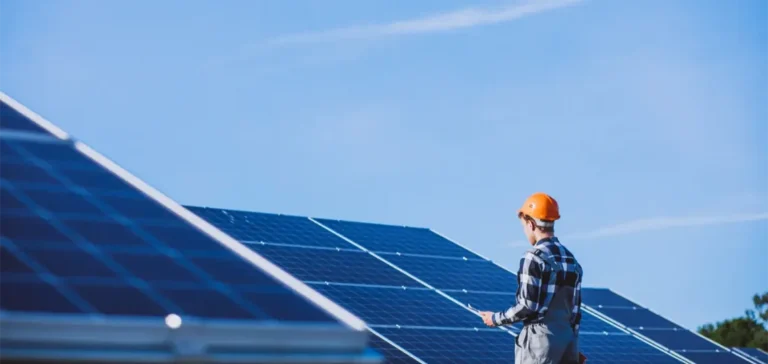Yanara, a new independent entity resulting from the spin-off of BrightNight’s Asia-Pacific operations, aims to meet the growing energy demand through the implementation of large-scale renewable projects. This organisational change seeks to reinforce the operator’s presence in key markets such as India, Australia and the Philippines, while centralising decision-making and regional development.
New strategy for a rapidly growing market
Yanara currently brings together teams and projects established in India, Australia, the Philippines, Singapore and the Netherlands. Its portfolio stands out with a capacity exceeding 5 GW of industrial-scale renewable projects, with the objective of reaching several gigawatts of operational capacity by 2030. The company develops, owns and operates solutions integrating various technologies, thus responding to baseload power demand with hybrid and dispatchable offerings.
Major projects include the Mortlake Energy Hub in Australia, combining 360 MW of solar and 300 MW of battery storage, as well as a 115 MW hybrid wind-solar project partially commissioned in the state of Maharashtra, India. A 110 MW Power Purchase Agreement (PPA) has also been signed with National Thermal Power Corporation (NTPC) as part of a 3 GW storage-linked renewable tender. In addition, a large-scale solar project is under development in Sual, Philippines, in a region historically focused on coal.
Technological solutions and regional ambition
Yanara relies on a multi-technology platform, notably supported by artificial intelligence, to optimise the production and distribution of renewable electricity. This approach allows the operator to provide tailored energy solutions adapted to the needs of industrial and institutional clients and to anticipate the rapid evolution of the sector.
Yanara’s management emphasises that the company will continue to accelerate its activities in the Asia-Pacific region by strengthening partnerships and developing new projects to meet the growing demand for energy. The company’s strategy is to reinforce its local anchoring while expanding its technological portfolio.
“We have built a solid foundation and our regional track record demonstrates our ability to deliver complex and dispatchable renewable solutions,” said Jerome Ortiz, Chief Executive Officer of Yanara, stressing the company’s agility and ability to evolve in a changing market.






















